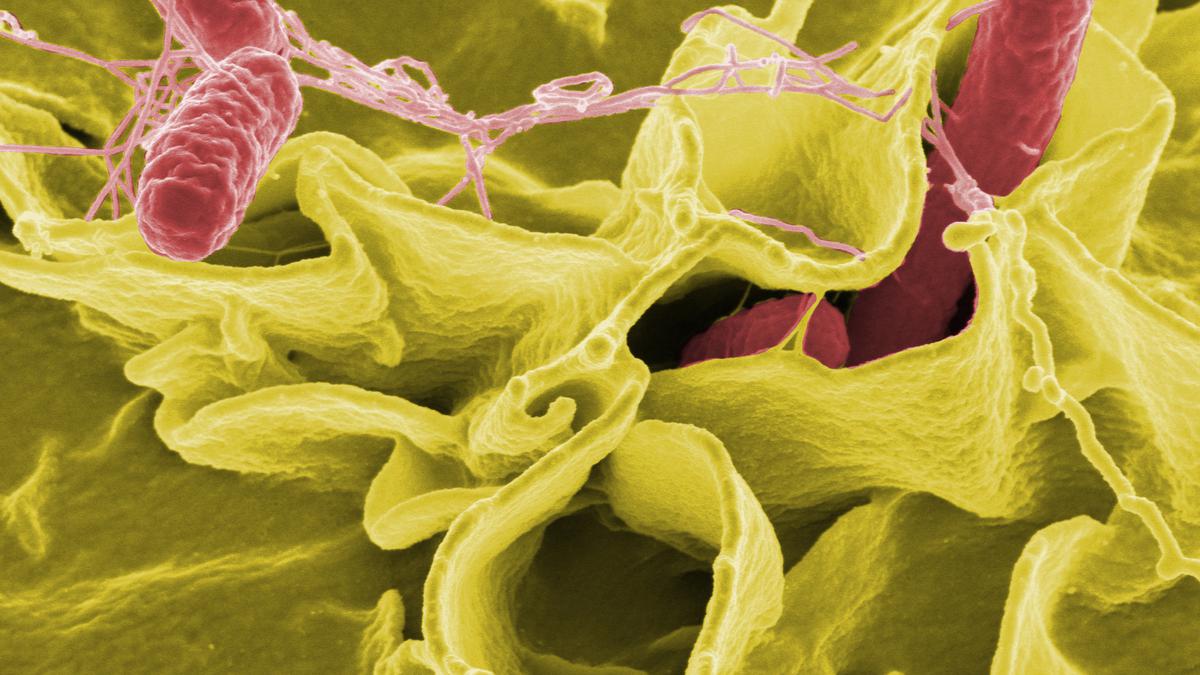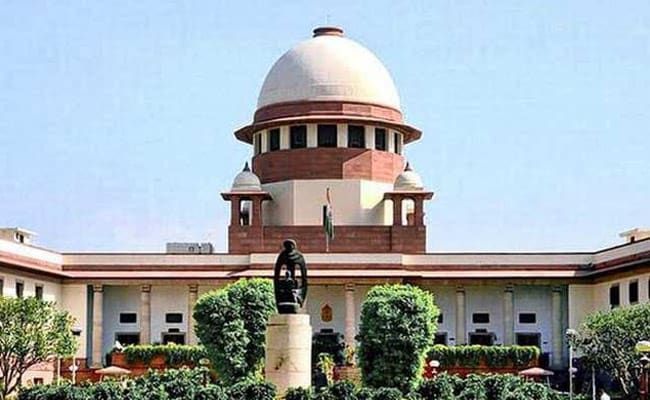Jaipur:
A Cabinet meeting was held on Saturday at the Chief Minister’s office under the chairmanship of Chief Minister Bhajanlal Sharma, to make important decisions for employee welfare, the benefit of youth, ensuring good governance, and overall development of the state, an official release said.
Cabinet Minister Jogaram Patel briefed the media about the decisions taken in the meeting.
The Cabinet has decided to redefine the districts and divisions created by the previous government, after which Rajasthan will now have a total of 7 divisions and 41 districts, according to the release.
Minister Patel stated that the previous government, in its last year, decided to create 17 new districts and 3 new divisions. In this context, the Revenue Department issued a notification on August 5, 2023, for the creation of these districts and divisions.
Three new districts were announced just one day before the 2023 Assembly elections’ model code of conduct was implemented, and their notification could not be issued.
Minister Patel explained that the previous government had created new districts and divisions purely for political gain.
The creation of new districts did not take into account important factors such as financial resources, administrative needs, law and order, or cultural harmony. The previous government did not create the necessary offices or buildings for the new districts, nor did it provide budgets and other necessary resources.
He further mentioned that, to review the previous government’s imprudent decision, the state government formed a Cabinet sub-committee and a high-level expert committee headed by retired IAS officer Dr Lalit K Panwar.
The expert committee submitted its report and recommendations on the reorganization of newly created districts and divisions. After considering these recommendations, the Cabinet decided not to retain 9 new districts–Anupgarh, Dudu, Gangapur City, Jaipur Rural, Jodhpur Rural, Kekri, Neem Ka Thana, Sanchore, and Shahpura–along with the 3 newly created divisions–Banswara, Pali, and Sikar.
Additionally, the three districts announced just before the election code of conduct–Malpura, Sujangarh, and Kuchaman City–will also be cancelled.
Former Rajasthan CM Ashok Gehlot criticised the decision saying it showed confusion in the mind of the state leadership.
“The state government took 1 year to take this decision. From this, it can be guessed how much confusion was in their minds regarding this work… Rajasthan is the largest state in the country… If three divisions were created, then they were created after some thought…In many ways, small districts are beneficial for the public. Gujarat is a state with less population than us (Rajasthan) but still, there are 33 districts there… We took this decision for good governance,” he said.
Rajasthan will have a total of 7 divisions and 41 districts. For the 8 newly retained districts–Phalodi, Balotara, Kotputli-Bahrood, Khairthal-Tijara, Beawar, Deeg, Didwana-Kuchaman, and Salumber–the state government will provide all necessary financial resources and other amenities to establish the administrative framework.
According to the state government, this will ensure that the common people in these districts will truly benefit from the formation of these districts. He also mentioned that the Zila Parishads, Panchayat Samitis, and Gram Panchayats will also be reorganized.
Food and Civil Supplies Minister Sumit Godara, in the media briefing, announced the Cabinet’s approval for various amendments, including the extension of the CET score validity to 3 years instead of 1 year, providing a third promotion opportunity for livestock assistants, and changing the designations within the technical cadre under the Rajasthan Animal Husbandry Subordinate Service Rules, 1977.
Impact of Penalty under Minimum Assured Career Progression (MACP) Scheme Removed Minister Godara further stated that the Cabinet approved the removal of the penalty effect under the Minimum Assured Career Progression (MACP) scheme for employees who have been penalized under the Rajasthan Civil Services (CCS) Rules, 1958. Previously, employees who were penalized could only avail financial promotion after a year of regular service, but this will now be waived.
Minister Godara also highlighted that the validity of the CET score under the Rajasthan Subordinate and Clerk Service (Common Eligibility Test) Rules, 2022, has been increased to 3 years instead of 1 year.
As per the release, this will ease the financial and administrative burden on the boards and give candidates relief, as the number of applicants had been growing each year.
Minister Godara confirmed that a third promotion opportunity would be provided to livestock assistants, and designations would be changed. The new designations include Livestock Inspector for the Livestock Assistant, Livestock Extension Officer for the Veterinary Assistant, and Senior Livestock Extension Officer for the Assistant Information Officer. This will improve the dignity and work efficiency of these employees.
The state Cabinet also approved renaming the Government College in Churu, Siddhmukh, to “Shreemati Shakuntala Devi Government College, Siddhmukh” in honour of a donor and to encourage other philanthropists.
(Except for the headline, this story has not been edited by NDTV staff and is published from a syndicated feed.)


















